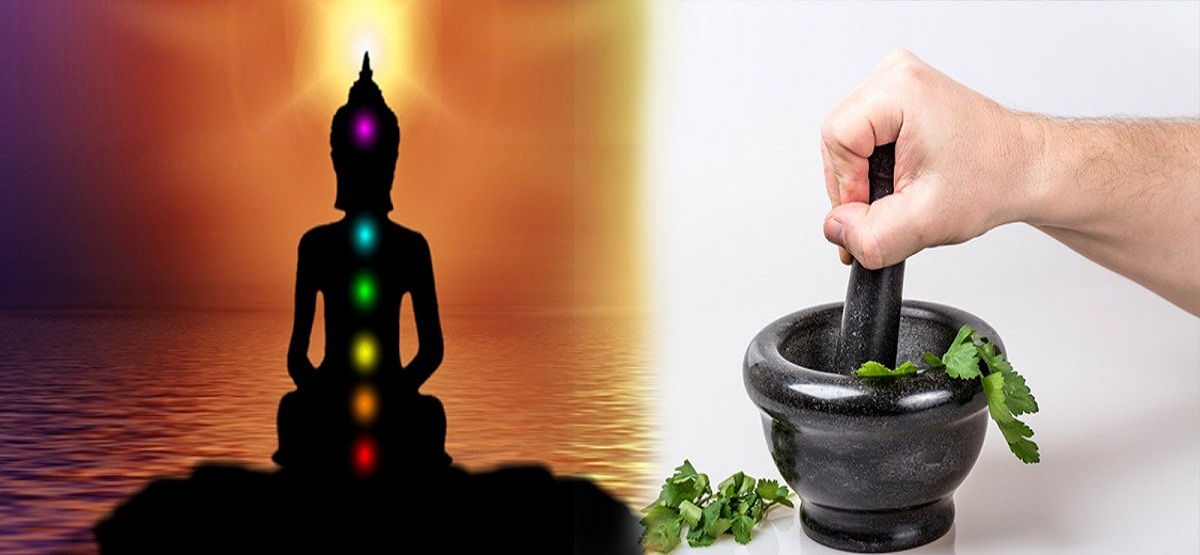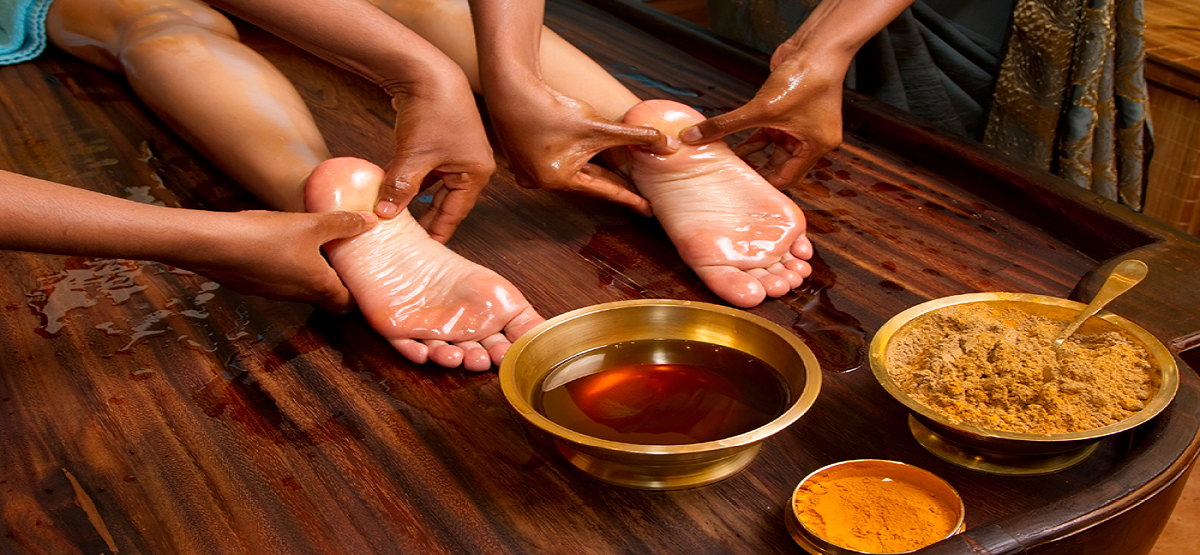Ayurvedic Introduction
Ayurved is the most ancient and venerated of all medical systems. It is one of the most important health systems in India and it has attracted increasing attention form the West. While it is commonly accepted that Western medicine had it roots in Greek thought and practice, it has been shown that Greek medicine relied heavily on knowledge from the East ands India. There are those who suggest that Hippocrates, considered to be the father of Western medicine, based his medical knowledge on Ayurved.
What is ayurved?
Ayurved comes from the two Sanskrit words, ayur meaning life, and veda meaning knowledge. The Maharishi Mahesh Yogi brought it to the West in the 1070's, and authors like Deepak Chopra have popularized it in recent years. Ayurved is a complete and highly integrated science of life. It is a holistic and complex spiritual and philosophical system. This system has been developed over thousands of years and is a subtle body of knowledge. The following if a brief outline of the central concepts of this system. This medical system is based on the system of prevention. This means that people are often treated before the symptoms of the illness become evident. A wide variety of healing techniques are used within the ambit of this system. These include, massage, mineral supplements, dietary change and medicated enemas. Ayurved is centered on the five basic elements of creation.
The philosophical foundation of this system is based on the following belief system in the beginning the universe was completely unified. This unity was differentiated into the five elements called panchamahabhutas. The first element to emerge was ether, which in turn gave birth to air, then to heat and water and earth. These elements are foundations of the Ayurved system and the basis for further understanding of the body and health. One has to be careful about the interpretation of these various elements, as they are complex and symbolic. The elements do not act in isolation but in combination with the other elements to influence the human body. These combinations are known as doshas. These doshas must be in balance with the human being for health to be maintained. The idea of balance and equilibrium is a central concept in Eastern health knowledge. The relationship and predominance of one of the doshas over another is determined by the type of human personality and therefore determines the type the treatment to be given.
The Doshas and personality types The three doshas, based on the five essential elements, make up the essential configuration of any person. The first is known as vata. This dosha is formed through the combination of Akasha or space and Vayu or air. Vata is the force that motivates and drives the body; for example, in the circulation of the blood and breathing. Without Vata, the other two doshas could not exist.
The second dosha is called pitta. This is formed by the combination of tjas, or fire and water, or Jala. This force creates heat that drives the digestion and assimilative processes. This dosha is responsible for all metabolic activity in the body and for the functions of the intellect. The third dosha is khapa. This is formed by the combination of water or Jala and prthivi or earth. This is the force of stability and cohesion that is responsible for form and structure in the body, from the cells to the bones and muscles. To understand the functioning of these doshas, we have to understand that in Ayurved, the individual is understood to be composed of different proportions of these doshas.
Our makeup, in terms of body and mind, are a result of a predominance of one of these doshas over another. This also includes genetic inheritance from our parents. The most important aspect of Aryurveda is the balance of the various doshas. This is the foundation of the diagnosis and healing process. The various aspects of this balancing process involve a vast range of different elements, including the tissues of the body, the various channels of elimination and energy and the normal functioning of the five senses.














